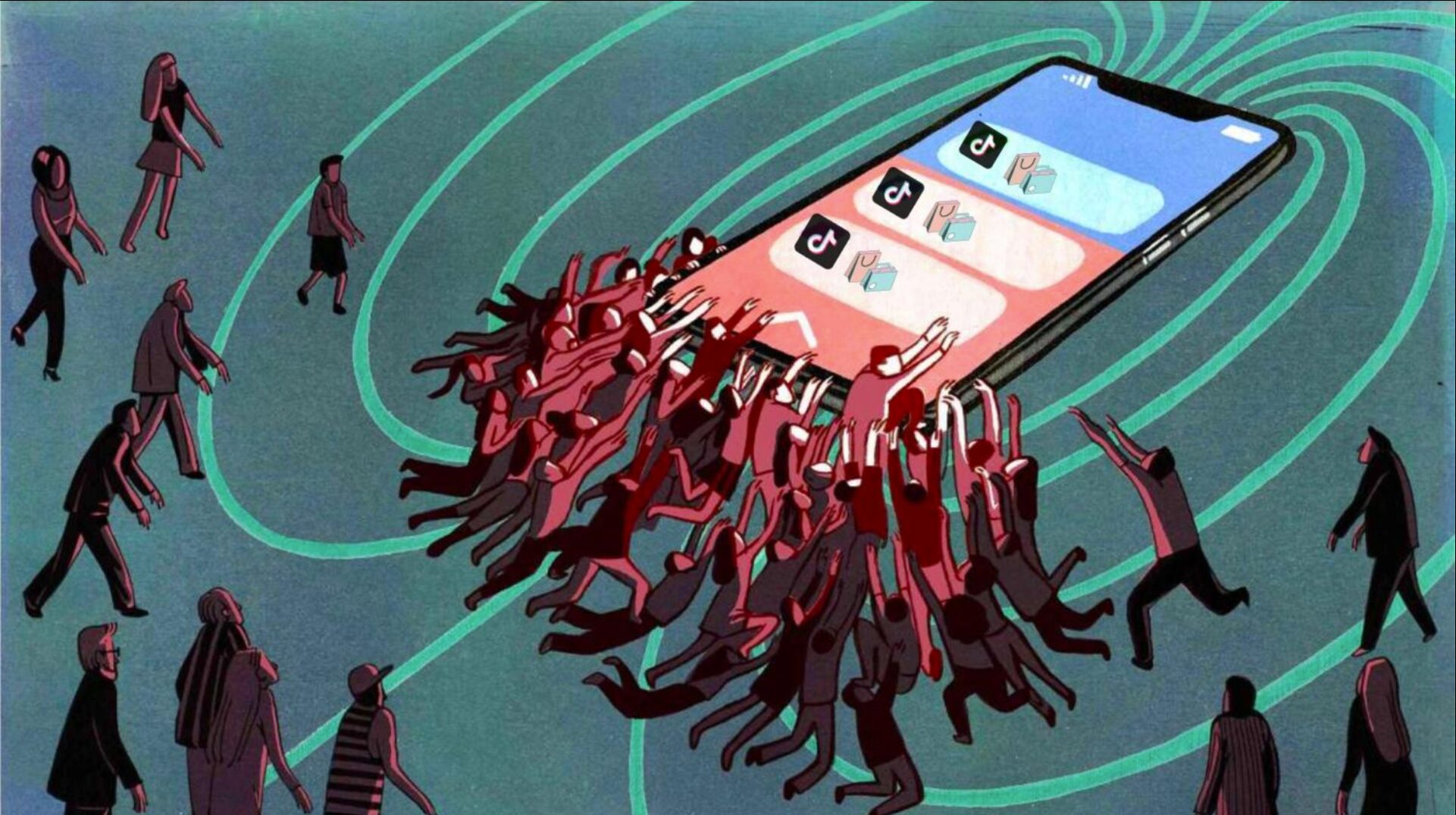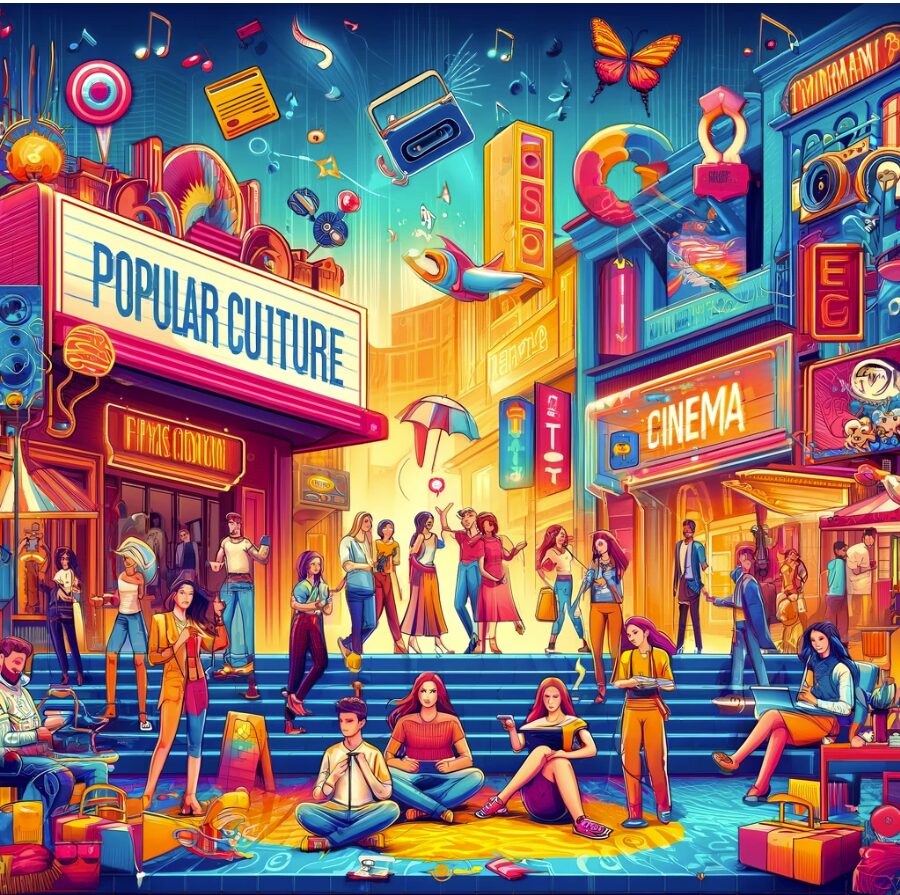
Pop culture, often described as the set of ideas, practices, objects, and phenomena that define the modern-day mainstream, wields an enormous influence on consumer behavior. Its wide-reaching nature encompasses movies, television, music, social media, fashion, celebrities, and more. Through its global spread, pop culture shapes trends, preferences, and ultimately consumer behavior, particularly in the world of product consumption. Whether it’s in the form of brand choices, purchase decisions, or the adoption of lifestyles, pop culture has a profound impact on what, how, and why people buy.
Pop culture is both reflective of and influential upon the values, desires, and identities of individuals. It is disseminated across mass media channels and social platforms, penetrating daily life and shaping how people see themselves and the world around them. The dynamic, ever-evolving nature of pop culture allows it to influence a vast array of industries, from fashion and technology to food, entertainment, and beauty. Moreover, the consumption of goods and services is intricately tied to cultural phenomena, as people often adopt trends that make them feel connected to a larger social narrative.
The globalization of pop culture has allowed it to transcend national boundaries. Globalization refers to the increasing interconnectedness of the world’s economies, cultures, and populations. Pop culture is now globally produced and consumed, thanks in large part to the digital revolution. What was once local or regional has become part of a worldwide system where music videos, movie releases, and viral social media challenges can captivate a global audience almost instantaneously.
The process of cultural globalization means that a significant portion of pop culture is produced in specific cultural hubs like Hollywood (for movies and entertainment), South Korea (for music and fashion), and Japan (for technology and anime), yet it influences consumer behavior worldwide. This leads to a homogenization of tastes, as people in vastly different cultures may begin to buy into the same trends and purchase similar products. However, globalization also facilitates a form of cultural hybridization, where local traditions and global pop culture intersect, producing unique consumption patterns.
The impact of pop culture on consumer behavior can be explained through psychological mechanisms. Social identity theory suggests that individuals define themselves based on their membership in various social groups. Pop culture trends, which often carry the endorsement of celebrities or influencers, provide a framework for individuals to align with a desired social identity. The aspirational nature of pop culture, as presented in the glamorous worlds of movies, television, and social media, motivates consumers to purchase products that signal belonging to a certain cultural group or lifestyle.
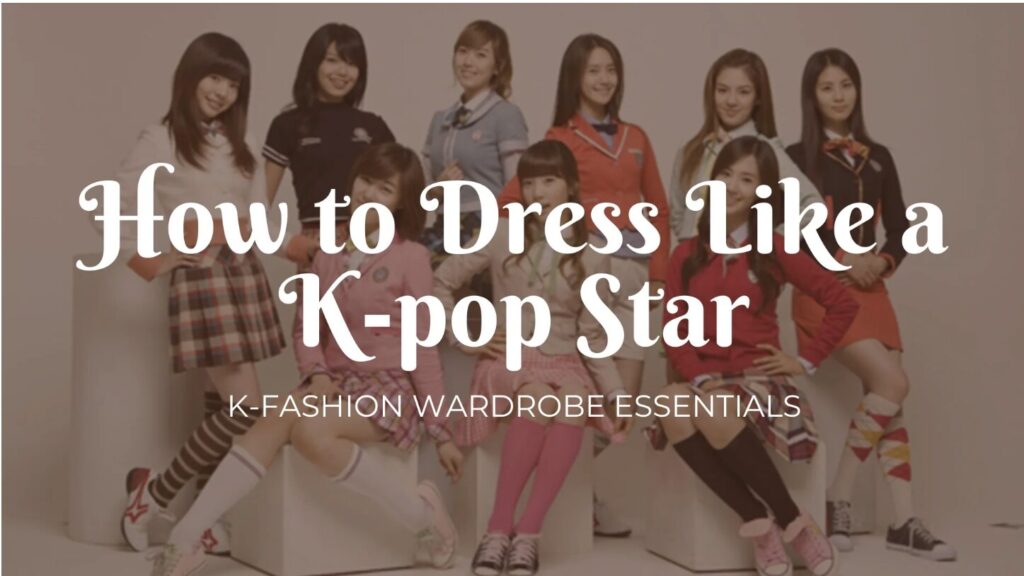
Additionally, the availability heuristic plays a key role. When consumers are repeatedly exposed to pop culture references or advertisements featuring particular products, those products become more “mentally available.” The more frequently a brand is seen in a pop culture context, the more likely consumers are to remember and purchase it.
The effect of pop culture on consumer behavior varies across product categories. Each sector of the market responds differently to the influence of celebrities, social media trends, music, and other elements of pop culture. The way pop culture affects the consumption of fashion, technology, beauty, food, and entertainment products is nuanced and interwoven with local cultural factors.
Pop culture has a profound and direct impact on the fashion industry. Trends in fashion are often dictated by the most influential pop culture figures, such as musicians, actors, social media influencers, and designers. The phenomenon of “celebrity endorsements” has been well-documented in the apparel industry, where consumers are more likely to purchase a product if they see their favorite celebrity wearing it.
For example, pop stars like Beyoncé, Rihanna, and Kanye West have all successfully transitioned from their musical careers to becoming influential figures in the fashion world. Beyoncé’s Ivy Park line with Adidas, Rihanna’s Fenty brand, and Kanye West’s Yeezy line have all been massive successes, largely driven by the power of their personal brands in pop culture. Fans who admire these artists want to dress like them, thereby translating their cultural capital into financial success for these brands.
The rise of social media influencers has further democratized fashion trends. Platforms like Instagram, TikTok, and YouTube have allowed a new generation of influencers to gain massive followings, creating trends that are quickly adopted across the globe. Micro-influencers, with their smaller but highly engaged audiences, also shape niche trends that lead to specific consumption patterns within subcultures. The speed at which trends spread has increased exponentially, leading to the fast-fashion industry flourishing. Brands like Zara, H&M, and ASOS capitalize on quickly replicating pop culture trends, leading to shorter product cycles and increased consumption.
Pop culture also influences fashion choices in different regions of the world, where cultural reinterpretations of global trends occur. For example, South Korean pop culture, particularly K-pop, has spurred global interest in K-fashion. The distinct styles popularized by K-pop idols have driven demand for streetwear and chic, minimalist designs, not only in Asia but across Europe and the United States.
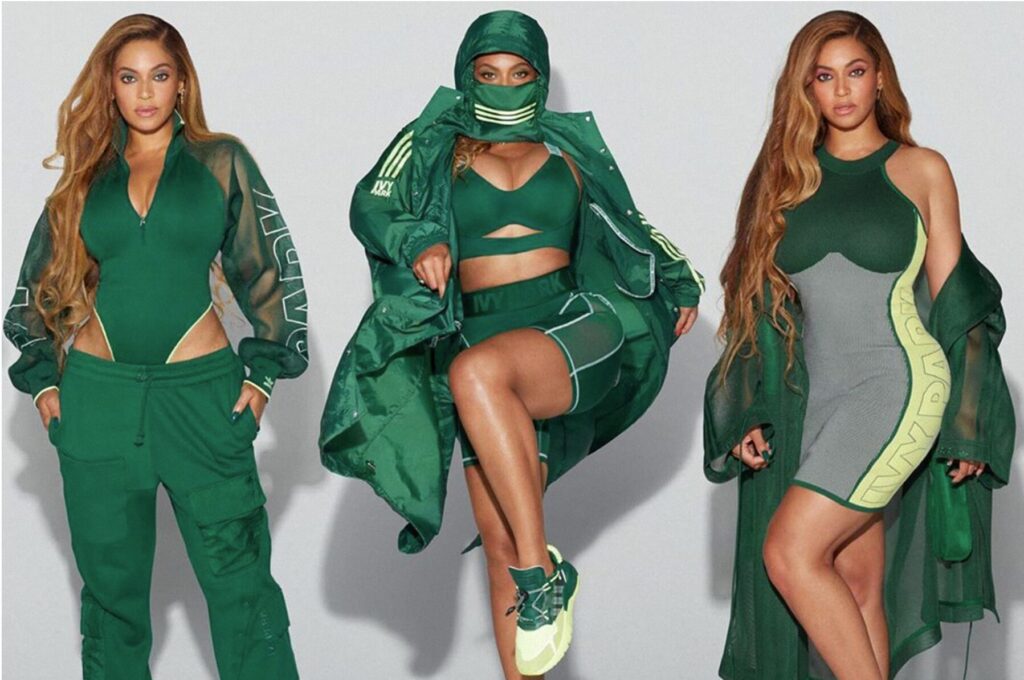
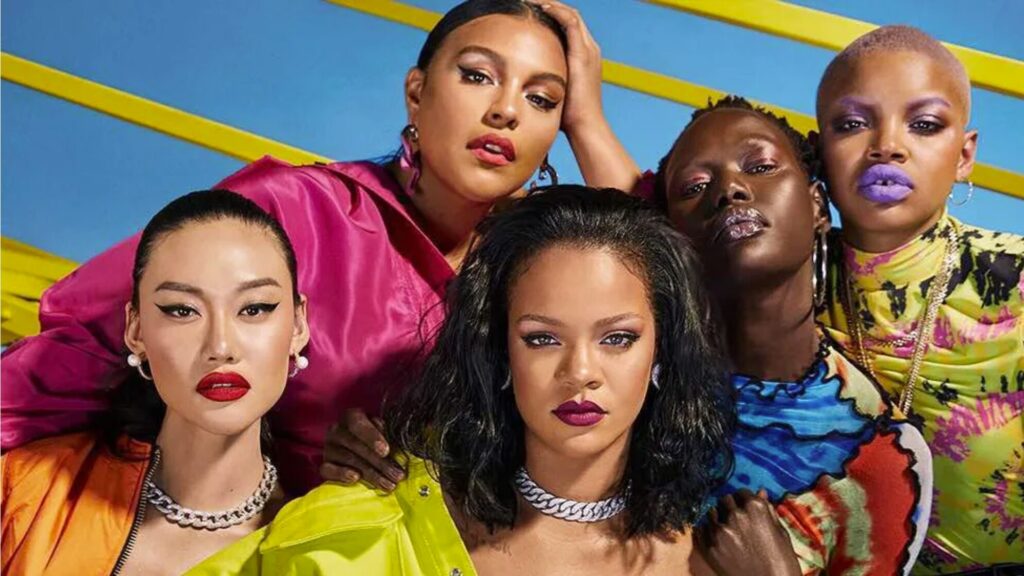
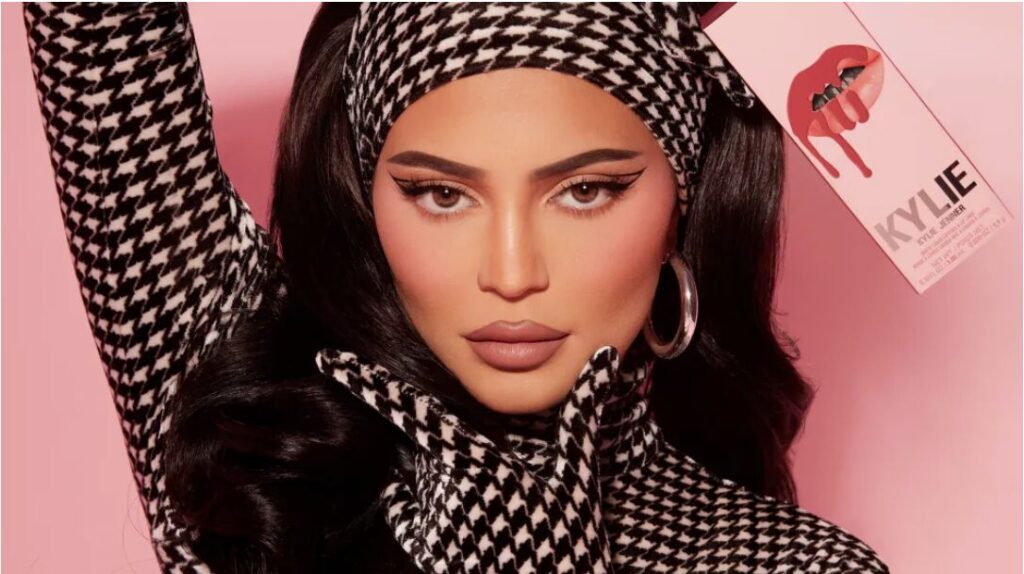
Technology is another sector heavily influenced by pop culture, especially through entertainment, celebrities, and influencers. From smartphones to gaming consoles, pop culture trends shape consumer preferences and even create new markets. Apple, for instance, has cultivated a brand identity closely linked with pop culture. Its products, especially the iPhone, are often featured in movies, TV shows, and music videos. Apple has also harnessed the power of celebrities and influencers to promote its devices, positioning its products as symbols of status and innovation.
Gaming culture is perhaps the best example of how pop culture affects technology consumption. The rise of eSports, streaming platforms like Twitch, and viral video games like “Fortnite” have significantly shaped the way consumers buy tech products. Companies that produce gaming consoles, such as Sony (PlayStation) and Microsoft (Xbox), or peripherals like gaming keyboards, headsets, and chairs, thrive on this trend. Many young consumers are now purchasing not only the games themselves but also the hardware associated with gaming, including high-performance computers, gaming chairs, and customized setups, driven by the popularization of “gamer culture.”
In addition, pop culture has led to the increased adoption of wearables, such as smartwatches and fitness trackers. The influence of fitness and wellness trends propagated by social media has encouraged consumers to purchase gadgets that help them track their health, exercise routines, and overall wellness. These gadgets are often marketed through collaborations with celebrities and influencers, contributing to their growing popularity.
The beauty industry has undergone a revolution thanks to the influence of pop culture, particularly through YouTube and Instagram beauty influencers, and more recently, TikTok. Major beauty brands now rely heavily on influencer marketing, which has proven to be a highly effective strategy for reaching younger consumers. Beauty influencers, whether they have millions of followers or a more niche audience, have the power to make or break a product.
Celebrity beauty brands have also seen significant success. Rihanna’s Fenty Beauty line, for instance, was celebrated for its inclusivity, offering a wide range of foundation shades to cater to all skin tones. The launch was met with global acclaim, and the brand’s success is largely attributed to Rihanna’s pop culture influence. Similarly, Kylie Jenner’s Kylie Cosmetics grew into a billion-dollar company thanks in large part to Jenner’s vast social media following and her status as a pop culture icon.


